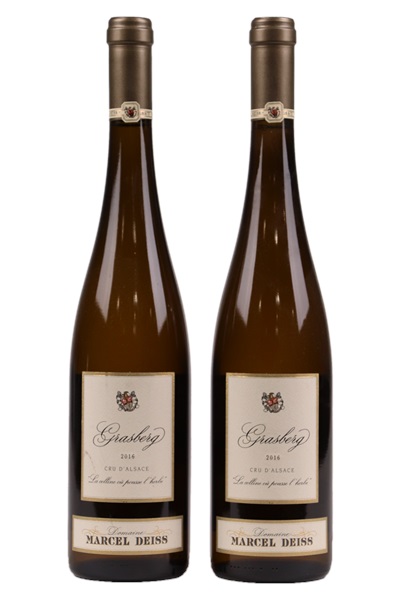Estimate


A ripe set of orchard fruit with quite a rich and assertive, minerally edge. The palate has a supple, juicy and attractively fresh feel with plenty of concentrated, rich, yellow-fruit flavors with very intense, fresh and focused drive to the finish.
Perfumed aromas of ripe peach and tropical fruit, honey and sweet spices are complicated by noteworthy marmelady botrytis. Then rich, dense and luscious, showing a mouth-coating presence to ripe mango, grapefruit, papaya and peach flavors complicated by vanilla and other sweet spices. Finishes long and penetrating, with an ultra-suave and fleshy mouthfeel and noteworthy residual sugar but more than enough acidity to keep this opulent, luscious wine light and lively.